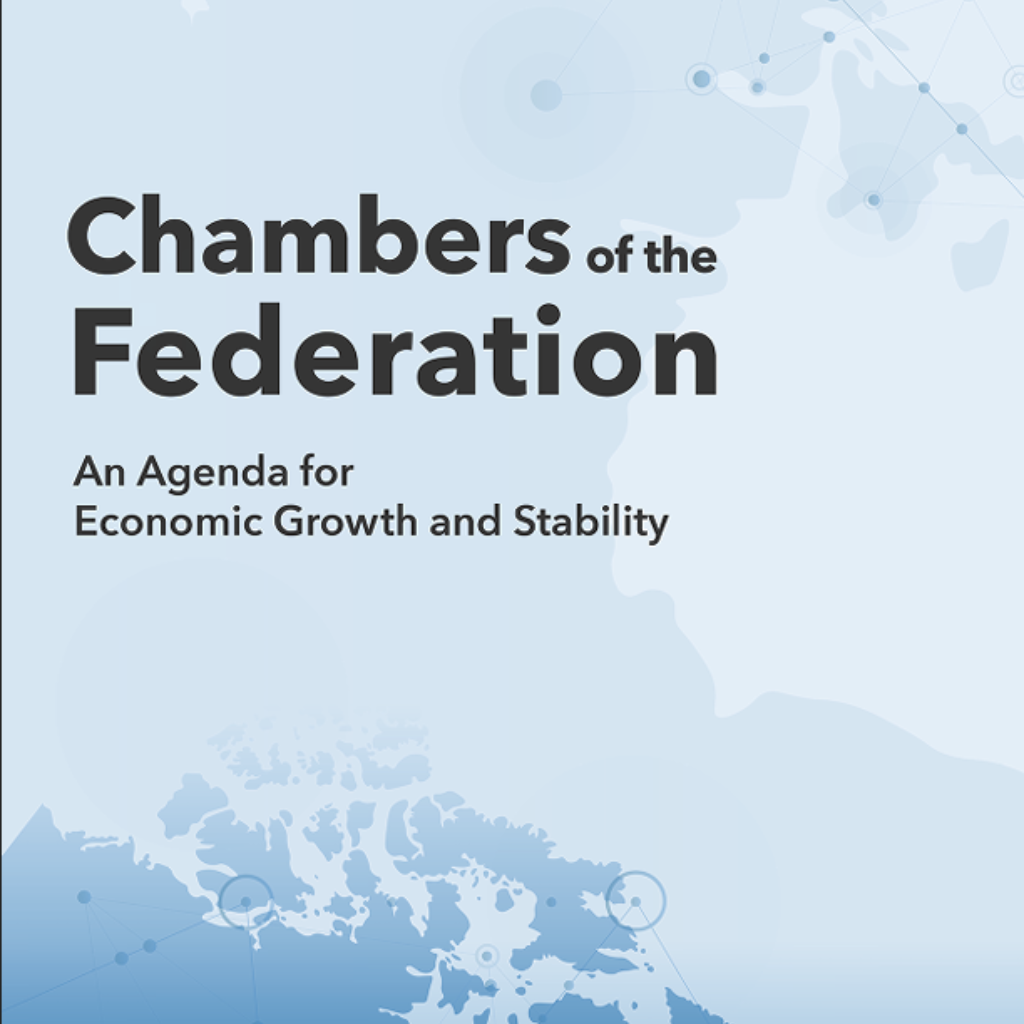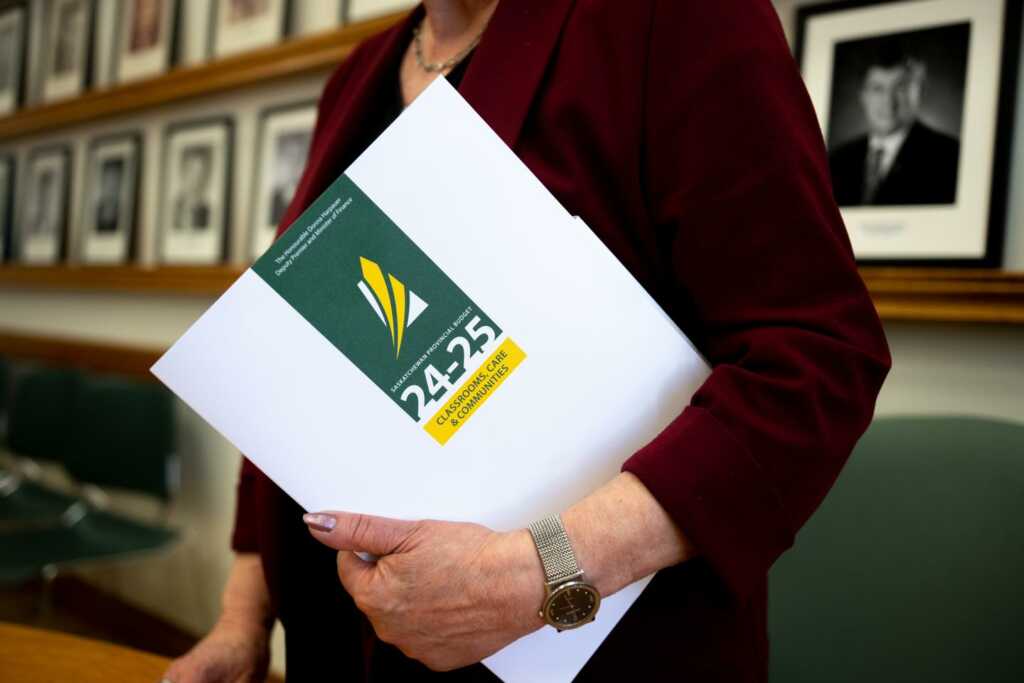Policy & Research
Showing 49 results

Blogs
Policy & Research
What the 2025 Federal Throne Speech Means for Saskatchewan Business

News Releases
Policy & Research
Reports
Western Business Coalition Leads Charge to Unleash Canada’s Natural Resource Potential and Secure Its Global Future

News Releases
Policy & Research
Reports
Canada’s Provincial Chambers of Commerce Urge Premiers to Take Action on Trade, Energy, and Procurement

Blogs
Policy & Research
Resources
Fueling the Future: Economic Contributions of Saskatchewan’s Oil and Gas Industry

Resources
Response to the Public Consultation on Competition Act’s New Anti-Greenwashing Provisions

News Releases
Saskatchewan Chamber Reacts to Provincial Budget Aimed at Economic Growth
Policy & Research
The Future of Work and Learning Brief
Policy & Research
Navigating Clean Fuel Regulations: Balancing Competitiveness and Environmental Responsibility in Saskatchewan
Policy & Research